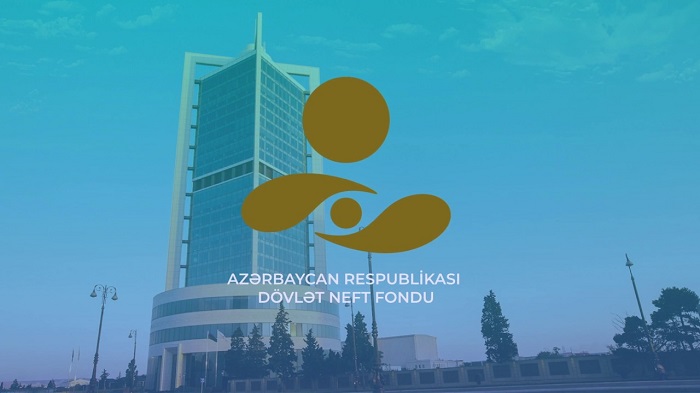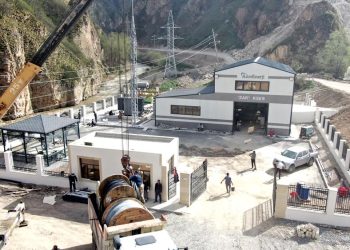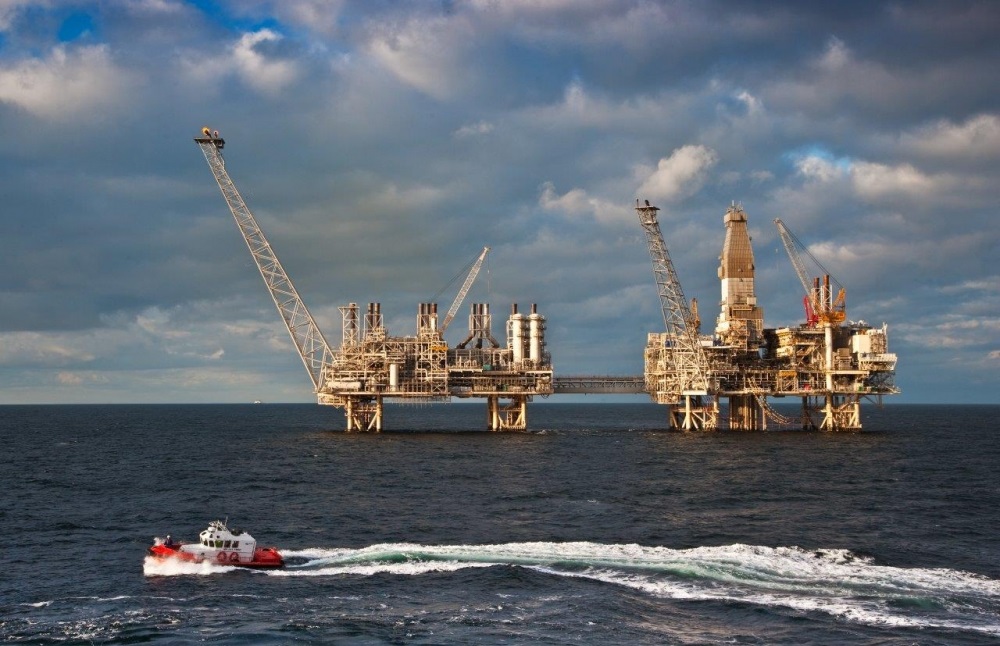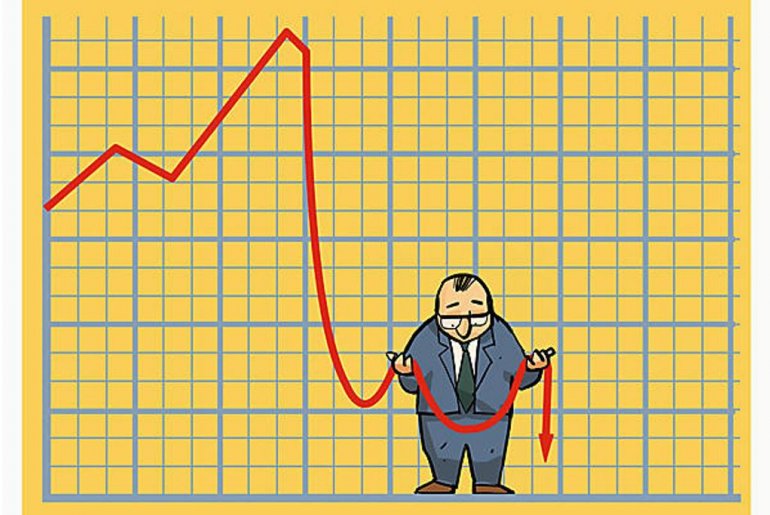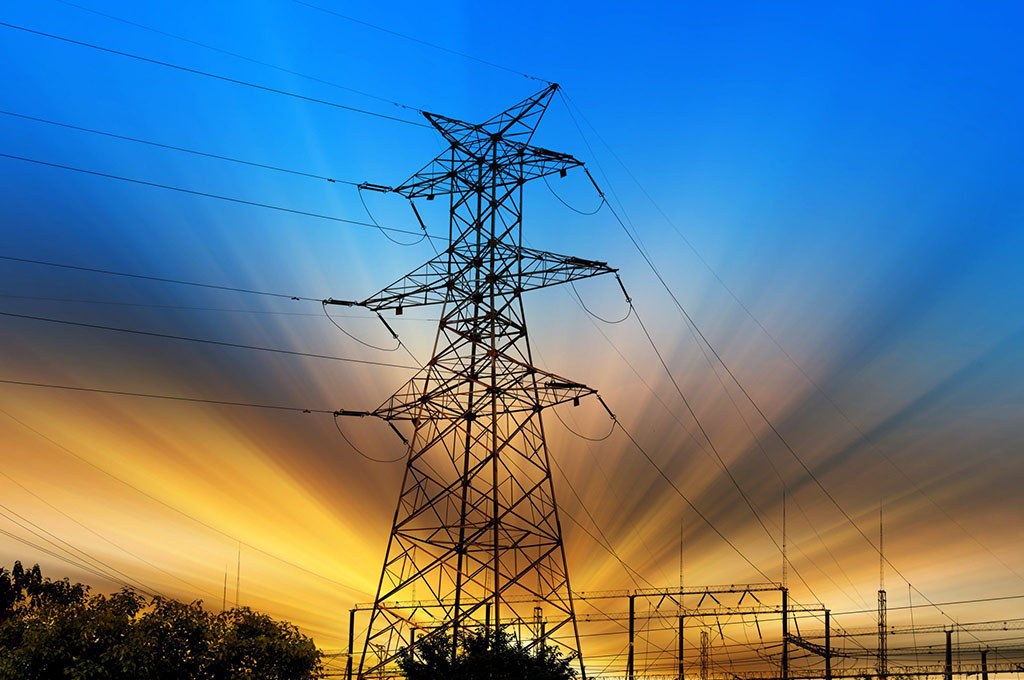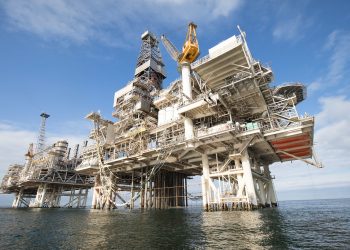Europe hoped Turkey could help the continent wean itself off Russian fuel. But Ankara might have other plans.
During a four-hour helicopter ride over the Black Sea and the Sea of Marmara in early February, Turkish Energy Minister Taner Yildiz and Russia’s Gazprom boss, Alexey Miller, mapped out plans that could potentially rebuild the long-adversarial relationship between their two countries. The men scouted the likely path of “Turkish Stream,” Moscow’s latest grandiose pipeline proposal, which would channel natural gas from the Russian coastal town of Anapa all the way to Ipsala, on Turkey’s border with Greece.
But Yildiz and Miller also traced what could be the newest fault line in Europe’s geopolitical landscape. That helicopter ride, and the subsequent formal agreement signed in early May, suggest Turkey’s patience with Brussels is wearing thin—the EU, after all, has been slow-footing the country’s membership for decades now—and Ankara’s willingness to support Europe’s foreign-policy priorities, from diversifying energy resources to isolating Russia, is diminishing. Now, this one pipeline, which could deliver gas as early as next year, could have the power to embolden Russian President Vladimir Putin, endanger a critical alliance the West has spent decades cultivating, and upend Eurasia’s entire energy and security landscape.
In other words, Turkey would become a middleman for Europe’s energy buyers, and it would be precisely the linchpin Moscow needs to keep an energy hold on the continent.
To be sure, Turkey has long been at the center of global pipeline politics. Since the 1990s, Europe has fantasized that natural gas pipelines would someday push fuel from the Caucasus and Central Asia to Europe. And Turkey’s privileged geographical position would indeed allow for this, while there’s abundant gas in places such as Azerbaijan. Europe’s dreams finally seemed to be coming true in March 2015, when, after years of development, Turkey and Azerbaijan broke ground on a trans-Anatolian pipeline designed to shuttle gas from the Caspian Sea, through the Caucasus and Turkey, and into Europe.
But here’s the rub: Europe doesn’t consume enough gas to justify two new massive pipelines. Put simply, the road goes through Turkey, and Turkey will decide whom Europe will deal with on energy.
Turkey’s games with Europe, while not a complete about-face, are nevertheless jarring.
Ankara has been Western-leaning and secular since the end of the Ottoman Empire in the aftermath of World War I—an allegiance that was cemented in 1952, when the country joined NATO. But that started to change at the turn of this century, when Ahmet Davutoglu, currently the prime minister and a longtime advisor to President Recep Tayyip Erdogan, began trying to forge much closer ties with nearby Muslim countries and crafting an increasingly independent stance toward Washington and NATO. (In 2003, for instance, Ankara notably refused permission for the U.S. 4th Infantry Division to cross Turkey to invade Iraq. More recently, Turkey has proved a reluctant partner in the U.S.-led coalition fighting the Islamic State and has taken an antagonistic approach to Israel after years of good relations.)
Turkish Stream, then, might be viewed as the culmination of Davutoglu’s vision: The country is moving to become a neo-Ottoman powerhouse and the center of Eurasia’s energy structure.
Such rebranding comes just in time for Russia, which, for nearly 10 years, has been looking for a way to keep a reluctant Europe hooked on its energy while sidestepping a problematic Ukraine. Starting in 2007, Putin began championing “South Stream,” a Russian-built pipeline meant to carry Russian gas across the Black Sea, through Turkish waters, into Bulgaria, and then into the rest of Europe. Moscow only grasped in 2014 that the plan didn’t comply with EU law: Brussels isn’t too keen on monopolies, especially ones that control both energy and the pipes that carry it.
Nonetheless, Russia was already well on its way to scheming a new way forward. In December, while in Ankara for a one-day trade and economic mission, Putin abruptly announced the death of South Stream in the middle of a news conference and debuted the new Turkish Stream. Russia and Turkey’s energy relations, Putin said, “have reached a truly strategic level.” Although the initial announcement came as a surprise to nearly everyone, including Russian energy officials and Turkish authorities, just two months later Yildiz and Miller were boarding that helicopter for their scouting mission.
What’s significant—and problematic—about Turkey’s apparent leap into Russia’s embrace is that Ankara has been both a bulwark of Western security architecture for more than 50 years and a key to Europe’s plot to reduce reliance on Russian energy, an even more urgent priority since the start of the Ukraine crisis. In one fell swoop, Erdogan’s Turkey seems to be abandoning its wilting dream of joining Europe and appears to be throwing in its lot with the one country most determined to undermine the global order in general, and European security in particular.
From Brussels’s point of view, Turkey would likely be a more reliable transit country for energy supplies than Ukraine, but it still lacks much of the physical infrastructure needed to serve that role, such as natural gas storage tanks. What’s more, unlike existing pipelines between Russia and Europe, Turkish Stream wouldn’t even deliver gas directly to the European Union; rather, the gas would be held in Brussels’s backyard in the hope that it would spend billions of dollars to go and fetch the gas at the Turkey-Greece border.
For Moscow, the upside of Turkish Stream is obvious: If it were built, Putin would finally succeed in isolating Ukraine, while still keeping big parts of Europe reliant on Russian fuel. And for Ankara, Turkish Stream could be the vehicle for finally achieving Davutoglu’s dream of reinventing Turkey. But for all his yearnings to resuscitate former glories, he seems to be overlooking the country’s complicated history with Russia.
For 400 years, from the middle of the 16th century through the height of the Cold War, Turks and Russians battled constantly for supremacy in the Black Sea, the Bosphorus, and Crimea. And those issues haven’t been collecting dust in history books. After a couple of decades of peace, the hundreds of thousands of Turkic Tatars living in the Crimean peninsula are again dreading Russian reprisals reminiscent of the Stalin years; Russia is ramping up naval activities in the Black Sea; and Putin is eyeing a greater military presence near Turkey, including new basing agreements with Cyprus and Syria. This is all compounded by long-
standing differences over the conflict in Syria: Turkey wants to oust President Bashar al-Assad and has let Islamist groups run rampant, while Russia staunchly backs its Syrian ally.
Thus, Turkey’s part in the newest pipeline project and the cementing of a strategic relationship with Russia amount to a massive bet that centuries of historical rivalry and animosity can be erased with cheap gas, some spit in a palm, and a friendly handshake. That calls to mind the old Turkish proverb: “The sheep separated from the flock is soon eaten by the wolf.” Or, in this case, the bear.





